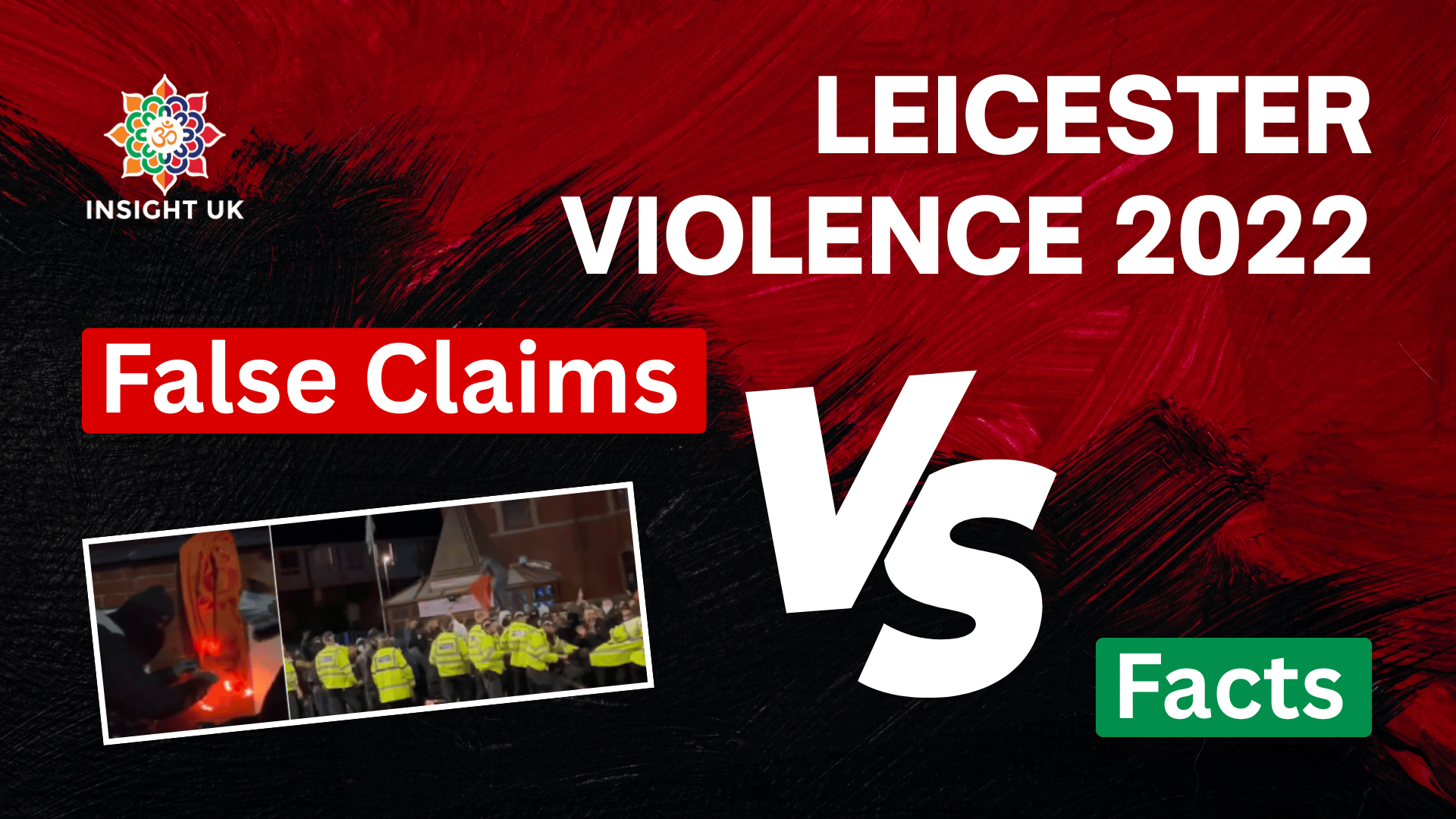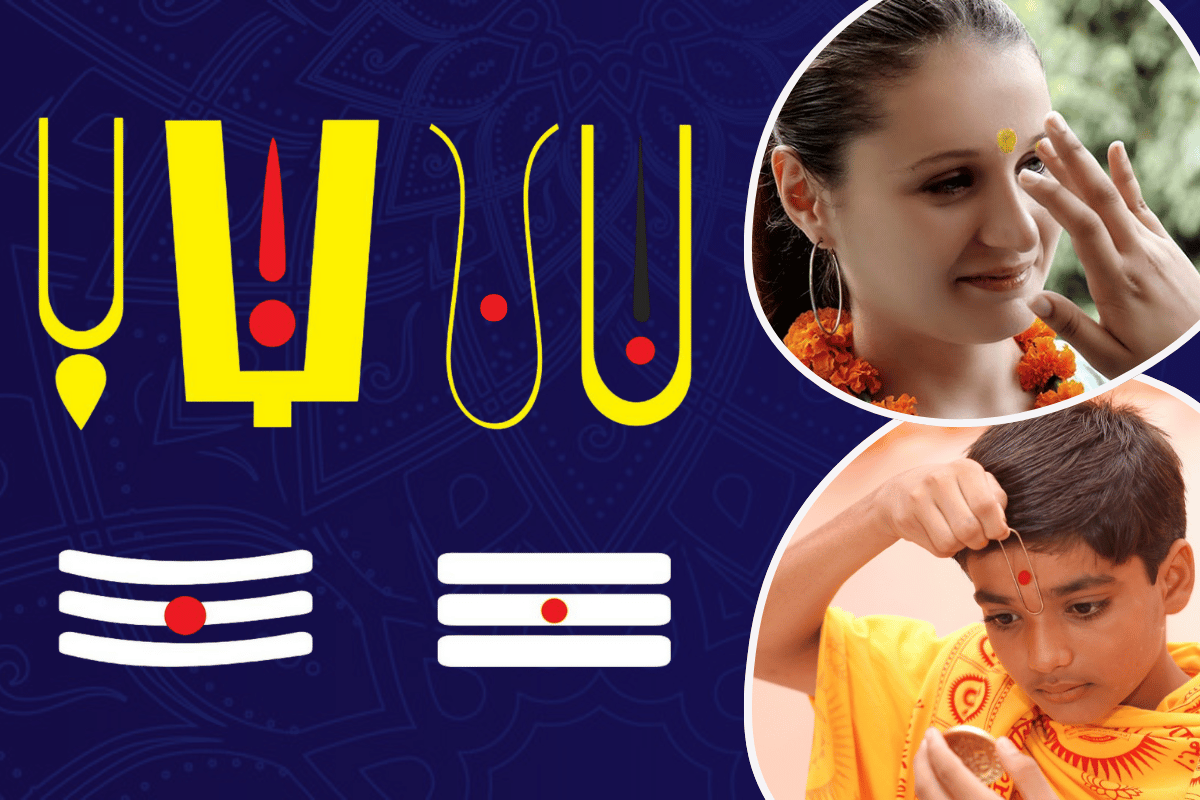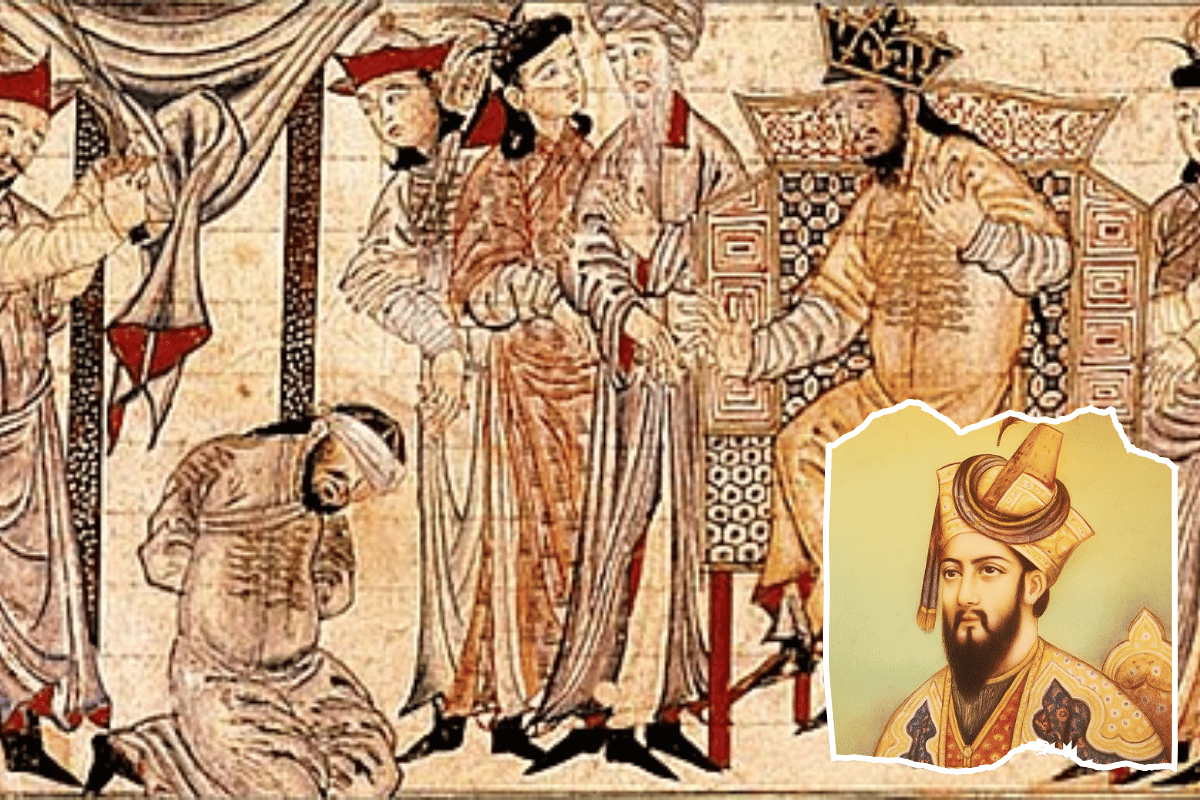
The Chanda Maharaj case in Pakistan highlights the plight of minority girls, particularly Hindus, subjected to abduction, forced conversion, and marriage. Chanda, a 15-year-old Hindu girl from Sindh, was kidnapped on August 12, 2022, by Shaman Magsi. She was forcibly converted to Islam, married to her abductor, and repeatedly assaulted. Despite her testimony and her family’s efforts to prove she was underage, Pakistan’s courts ruled in favour of the abductor, citing unreliable birth certificates and medical assessments claiming she was biologically older.

Chanda spent over a year in a shelter home before being sent back to her abductor in 2024. The case drew international attention due to systemic failures in Pakistan’s judicial system to protect minority girls. Tragically, recent reports suggest Chanda was murdered by her abductor in March 2025. This case underscores ongoing concerns about the safety and rights of minority women in Pakistan, particularly in Sindh province.
1000 girls abducted every year in Pakistan
Reports indicate that approximately 1,000 girls from Pakistan’s Hindu and Christian minority communities are abducted annually, forcibly converted to Islam, and married to their abductors. Victims are often Hindu minors from rural Sindh, many as young as 12-15 years old. Authorities and courts frequently fail to protect these victims or hold perpetrators accountable, often citing “love marriages” as justification.
Legal systems and societal structures frequently fail to protect them, with courts sometimes accepting fraudulent evidence or ruling in favour of the perpetrators.
Systemic failures
Multiple cases highlight the systemic nature of these abuses. Victims are often subjected to violence, with little recourse for justice due to police inaction or complicity. Religious laws are sometimes misused to justify these forced conversions and marriages.
Reports indicate a troubling pattern of abductions, forced conversions, and violence against Hindu and Christian women and girls in Pakistan, particularly from minority communities.
In some cases, resistance to abduction has led to killings. For instance, a teenage Hindu girl in Sindh was killed for resisting marriage and conversion. Additionally, horrific cases like the rape and murder of an 8-year-old Hindu girl highlight the extreme vulnerability of minority girls and women.
Related Stories
The United Nations has repeatedly condemned these practices, urging Pakistan to uphold international human rights laws and protect religious minorities. Activists and other international organisations continue to call for stronger legal protections for minority girls in Pakistan. However, systemic failures in law enforcement and judicial systems perpetuate these abuses. This ongoing issue underscores the urgent need for legal reforms and enforcement to protect minority women in Pakistan.
Hindu minorities in Pakistan face significant challenges and risks, including systemic discrimination, violence, and forced conversions.
The abduction, rape, killings and forced conversions and marriage of Hindu girls are rarely addressed effectively by authorities.
Institutional discrimination
Hindus face institutional discrimination in employment, education, and public life. They are excluded from key positions in the judiciary, armed forces, and civil service. Prejudice against Hindus is reinforced through media and educational institutions.
Hindu temples and properties are frequently targeted by mobs. False blasphemy accusations often lead to violence against Hindu
Due to persecution, thousands of Hindus migrate from Pakistan annually. Those who remain are highly vulnerable.
The safety of Hindus, in Pakistan especially Hindu women and girls, remains precarious due to societal prejudice and weak enforcement of minority rights.









